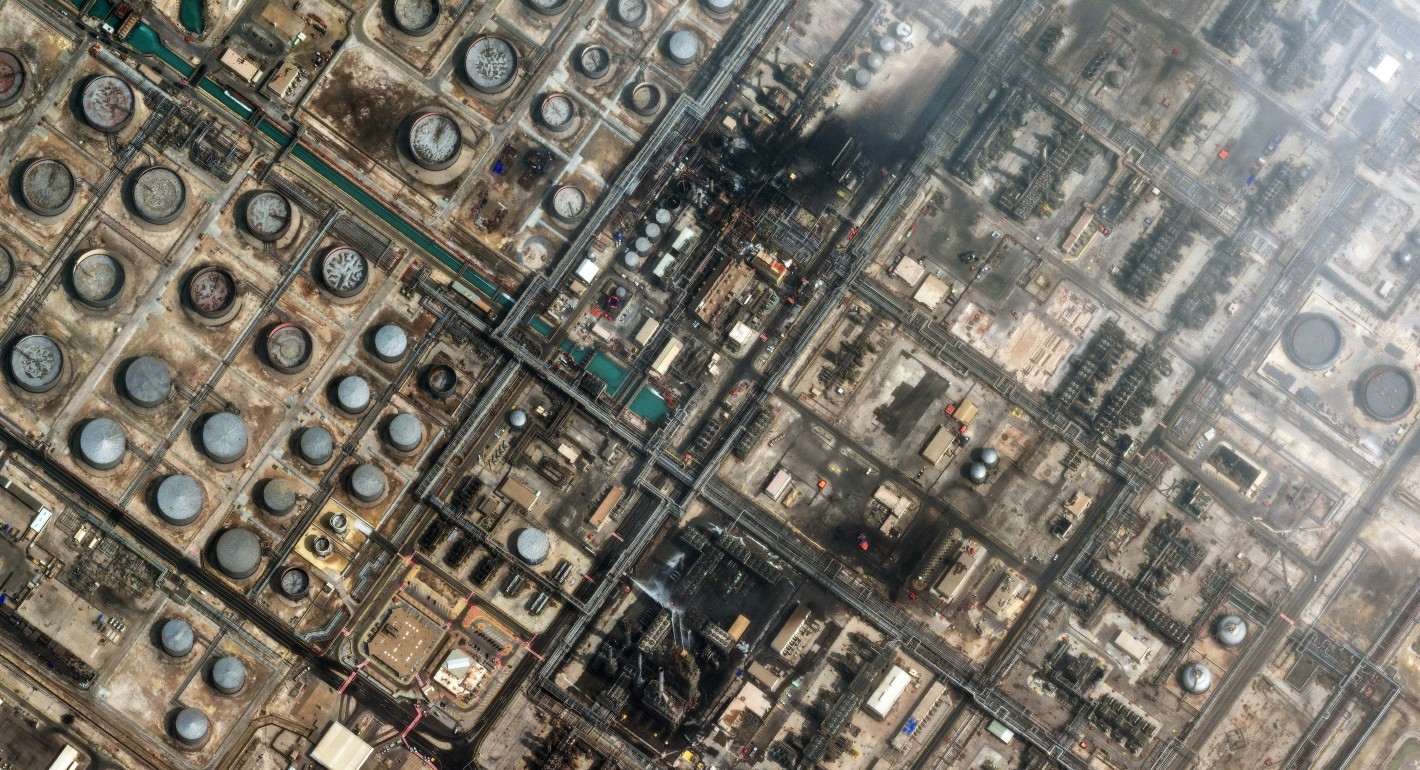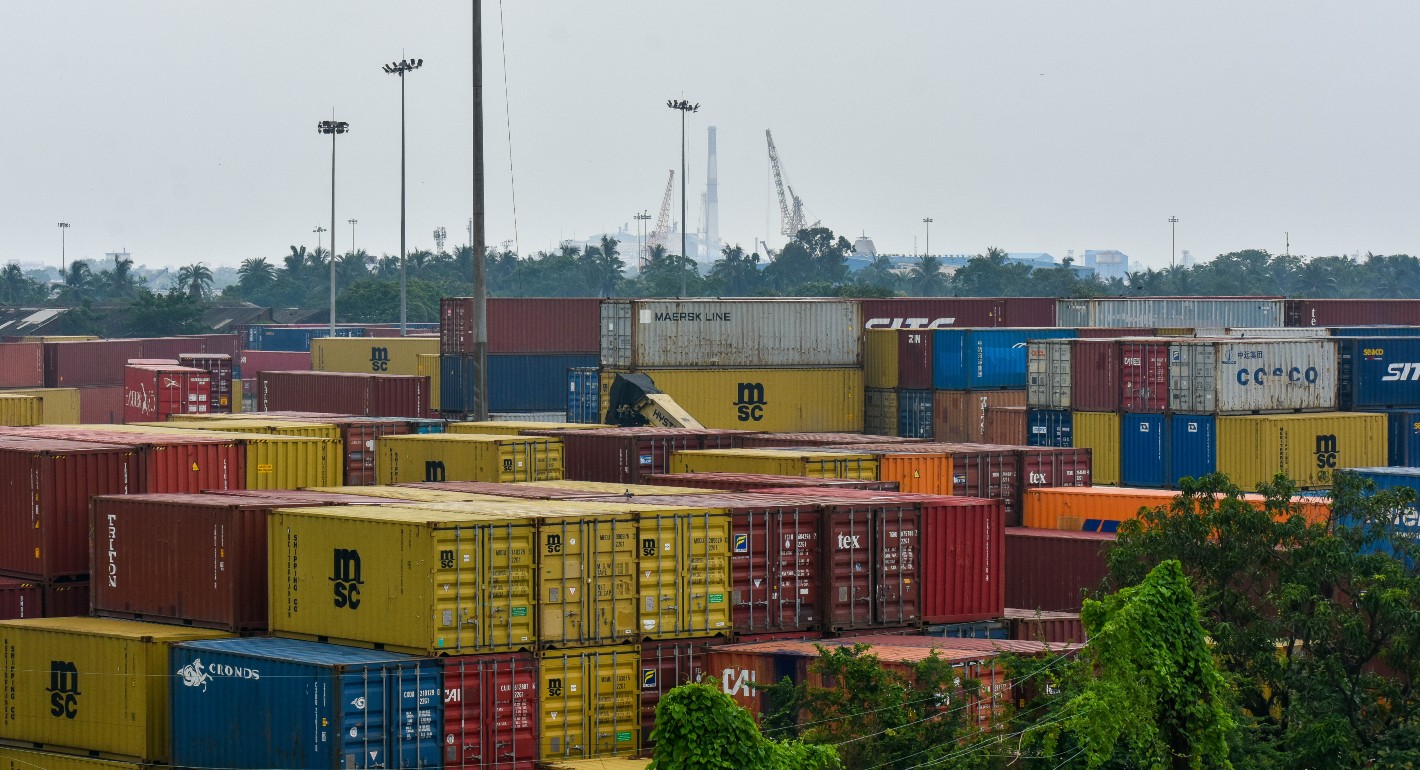Pieter Bottelier
{
"authors": [
"Pieter Bottelier"
],
"type": "legacyinthemedia",
"centerAffiliationAll": "dc",
"centers": [
"Carnegie Endowment for International Peace"
],
"collections": [],
"englishNewsletterAll": "asia",
"nonEnglishNewsletterAll": "",
"primaryCenter": "Carnegie Endowment for International Peace",
"programAffiliation": "AP",
"programs": [
"Asia"
],
"projects": [],
"regions": [
"East Asia",
"China",
"North America"
],
"topics": [
"Economy",
"Trade"
]
}
Source: Getty
China's Role in the World Economy
China’s quick recovery from the Great Recession has raised questions about its role in the world economy and its relationship with the United States, where economic growth has been slow to return.
Source: C-SPAN

Bottelier notes that the flare-up between U.S. and Chinese leaders over the value of China’s currency is problematic. Seeking an “adversarial relationship with China on trade is unwarranted and dangerous,” he warns. Tariffs on Chinese goods would make imports from China more expensive and create almost no jobs in the United States, since importers would simply look for new sources of goods rather than moving production to the United States. In short, Bottelier says, “by punishing China, there is very little that the United States can do without punishing itself.”
Rather than blame Beijing, the United States should see China as an opportunity. China and other large emerging markets could become extremely important sources for consumption of U.S. goods. This process will take time, however, as consumption is currently “too low in China, but this only indicates that there is an enormous potential for growth,” concludes Bottelier.
About the Author

Former Nonresident Scholar, International Economics Program
Bottelier was a nonresident scholar in Carnegie’s International Economics Program and senior adjunct professor of China studies at the School of Advanced International Studies (SAIS), the Johns Hopkins University. His work currently focuses on China’s economic reform and development.
- China's Economy is Slowly Becoming More NormalArticle
- China's Economy: Slower Growth, But Structural Reforms ProgressingArticle
Pieter Bottelier
Recent Work
Carnegie does not take institutional positions on public policy issues; the views represented herein are those of the author(s) and do not necessarily reflect the views of Carnegie, its staff, or its trustees.
More Work from Carnegie Endowment for International Peace
- Iran Is Pushing Its Neighbors Toward the United StatesCommentary
Tehran’s attacks are reshaping the security situation in the Middle East—and forcing the region’s clock to tick backward once again.
Amr Hamzawy
- Modernizing South Asia’s Borders Through Data-Driven ResearchArticle
Cargo time release studies offer a path to greater economic gains and higher trust between neighboring countries.
Nikita Singla
- The Gulf Monarchies Are Caught Between Iran’s Desperation and the U.S.’s RecklessnessCommentary
Only collective security can protect fragile economic models.
Andrew Leber
- Duqm at the Crossroads: Oman’s Strategic Port and Its Role in Vision 2040Commentary
In a volatile Middle East, the Omani port of Duqm offers stability, neutrality, and opportunity. Could this hidden port become the ultimate safe harbor for global trade?
Giorgio Cafiero, Samuel Ramani
- Governing Aging Economies: South Korea and the Politics of Care, Safety, and WorkPaper
South Korea’s rapid demographic transition previews governance challenges many advanced and middle-income economies will face. This paper argues that aging is not only a care issue but a structural governance challenge—reshaping welfare, productivity, and fiscal sustainability, and reorganizing responsibilities across the state, private sector, and society.
Darcie Draudt-Véjares








